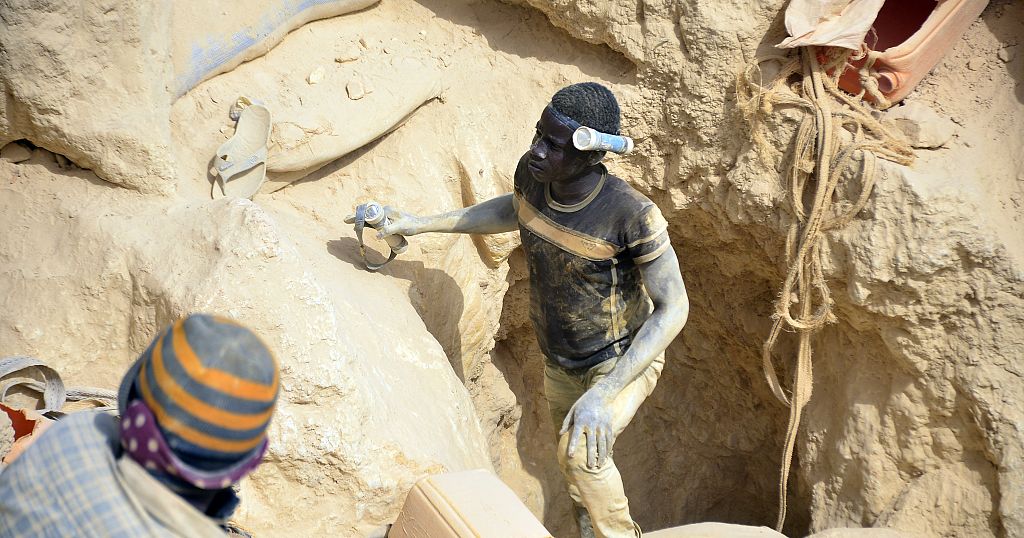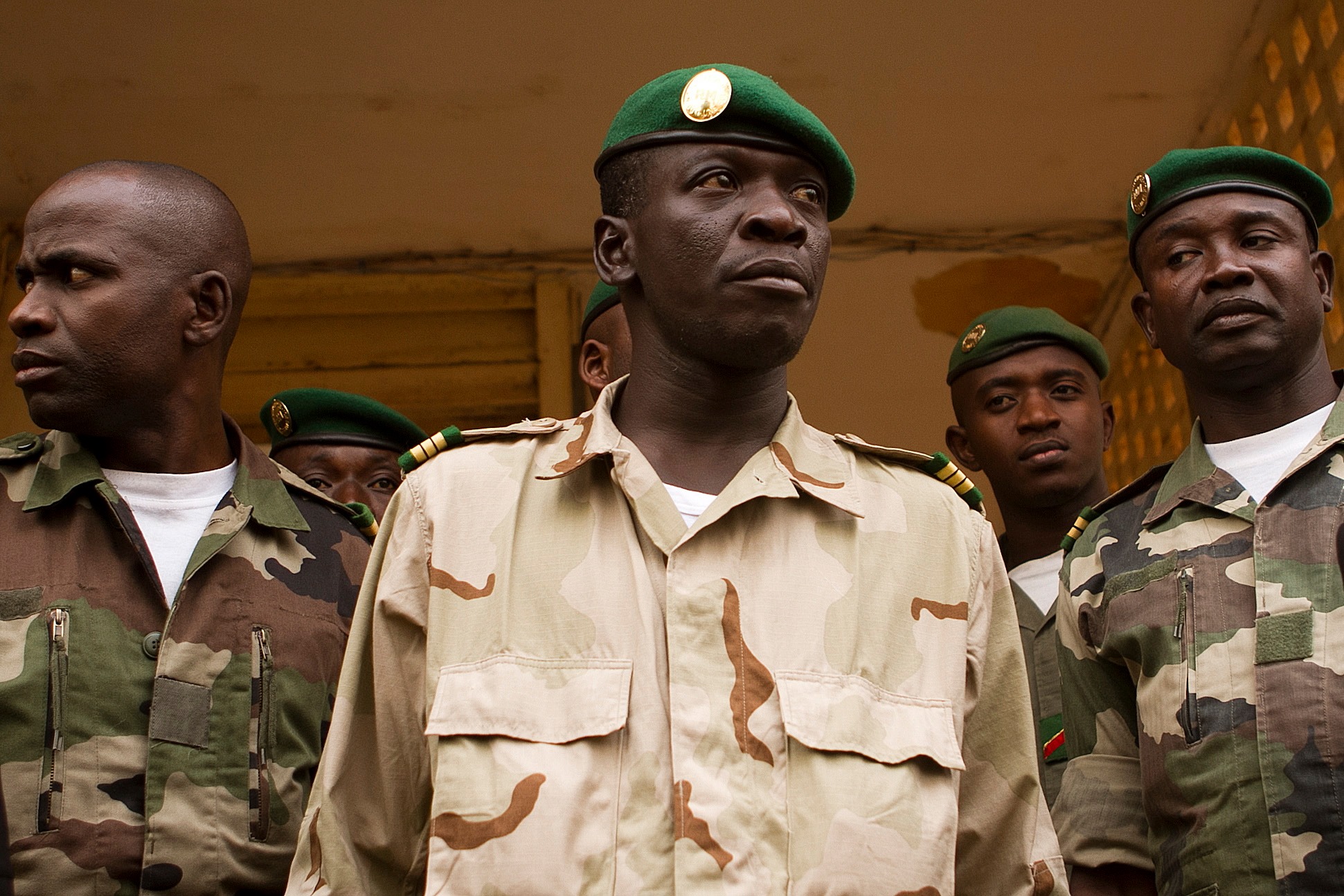The Importance of Cameroon in Central Africa
Cameroon, often referred to as ‘Africa in miniature’ due to its diverse geography and cultural richness, holds significant geopolitical relevance in Central Africa. As a member of the African Union and the United Nations, its stability, economic progress, and social cohesion are vital not only for the nation but also for the region at large.
Current Political Climate
The political landscape in Cameroon has been under scrutiny due to ongoing tensions, notably in the English-speaking regions where separatist movements have led to conflict since 2016. Recent reports indicate that the government has escalated efforts to engage in dialogue with separatist leaders to foster peace and stability. In a notable event earlier this month, President Paul Biya addressed the nation, urging for a national reconciliation process to avert further violence. Analysts view this as a critical step in addressing the deep-rooted issues stemming from linguistic and cultural divides.
Economic Challenges and Developments
Economically, Cameroon has faced numerous challenges, including the repercussions of the COVID-19 pandemic and fluctuating global commodity prices. However, the country shows signs of resilience with projected GDP growth of 3.5% in 2023, according to the IMF. The government is focusing on infrastructure development to attract foreign investment, particularly in the agricultural and energy sectors. Recent agreements with Chinese companies to enhance road networks and electricity supply have raised hopes for economic revival.
Social Issues and Human Rights
Human rights remain a significant concern in Cameroon, especially regarding freedom of speech and the treatment of dissent. Human Rights Watch had highlighted issues like arbitrary detention and violations in the conflict-affected regions. As the international community watches closely, Cameroonian NGOs are working tirelessly to promote civil liberties and advocate for those affected by the unrest.
Conclusion: The Road Ahead
Cameroon’s journey towards stability hinges on both political will and grassroots involvement from its citizens. While the government’s recent initiatives signal a commitment to change, the true test will be how these measures translate into effective governance and genuine peace. For readers, understanding the complexities of Cameroon not only reveals the challenges faced by this diverse nation but also highlights its potential for growth and reform.


